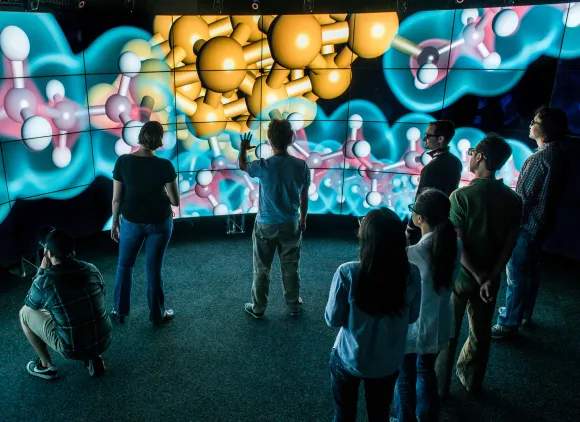MRI Townhalls
MRI Town Hall – September 2023
Credit: U.S. National Science Foundation
Contact information
Program Information:
Email: mri@nsf.gov
Phone:703-292-8040
MRI Program Officers:
Dr. Randy Phelps Phone: 703-292-5049
Dr. Jonathan Friedman Phone: 703-292-7475


